Ask anybody: In Los Angeles, the Corwin name is synonymous with charitable giving.
And yet, Bruce Corwin, who at 73 is the family’s current patriarch and the CEO and chairman of Metropolitan Theatres Corp. — a California-based multiplex theater chain that has been in his family for four generations — doesn’t like to be called a philanthropist.
“I would rather have a title as being a leader or a connector, or a spiritual adviser or a people person,” Corwin said in an interview.
Whatever you call him, Corwin has, over the past several decades, established himself as an ardent supporter of synagogues and organizations committed to progressive ideals. They include the Reform congregations Temple Israel of Hollywood (TIOH) and Temple Emanuel of Beverly Hills, where Corwin served as president around the years 1970 and 1990, respectively; as well as Hebrew Union College-Jewish Institute of Religion and Craig Taubman’s recently formed multifaith cultural center, the Pico Union Project and more.
In particular, Emanuel of Beverly Hills, which is located in the city where Corwin and his wife, Toni, reside, has benefited from Corwin’s backing over the years.
“Bruce Corwin is one of the major players in the philanthropic world in the city,” said Rabbi Jonathan Aaron, a senior rabbi and director of education at Emanuel.
Recently, Corwin and his wife, who is also a former president of Temple Emanuel, contributed to the synagogue’s capital campaign to renovate the synagogue, a six-year endeavor that raised approximately $10 million and led to the sanctuary being named after the Corwins.
Aaron declined to specify the amount that the Corwins gave, but said their contribution was a “sizable amount [and] incredibly generous.”
Corwin, meanwhile, said his support for any shul is an extension of his passion for synagogue life.
“It has always started in the synagogue and worked out[ward],” he said. “That’s the way I was brought up.”
The son of Sherrill Corwin, who also served as president of TIOH, and the grandson of Joseph Corwin, one of the founders of TIOH, Corwin grew up in an environment where giving was the norm. His father ran Metropolitan Theaters during the 1940s, when it was the dominant motion picture exhibitor in downtown Los Angeles (today the company’s 19 theaters are mostly based in Santa Barbara and Palm Springs). And Sherrill Corwin also donated his theaters’ musical instruments, including the organs, to synagogues in town. A young boy at the time, Bruce Corwin observed this generosity and took it to heart.
During the late ’50s and early ’60s, he attended Wesleyan University. He found his passion lay with progressive politics, and he became active in the civil rights movement that was gaining momentum at that time, to the point that, in 1960, he was arrested while trying to integrate a Baltimore lunch counter.
After college, Bruce Corwin participated in the Coro Foundation, a program that sets up college graduates in internships in business, labor, politics and nonprofit community organizations.
At just 30, he became president of TIOH and, during his time there, he worked with Rabbi Max Nussbaum, a German émigré known for his passionate Zionism, but who also performed the marriages of several movie stars, until Nussbaum died suddenly in 1974.
When his children were young, Corwin and his family became congregants of Emanuel, which was closer to their home. During the 1990s, as president of that shul, he helped the then-financially strapped synagogue stay afloat and avoid a possible merger with Wilshire Boulevard Temple. And once Emanuel was back on course, Corwin helped lure a new senior rabbi, its present leader, Rabbi Laura Geller, the first woman to lead a major metropolitan synagogue.
Meanwhile, Danny and David Corwin, Corwin’s two now-grown sons, have carried on in the family traditions. Danny and his wife, Zoe, serve on the board of TIOH, and David is the president of Metropolitan Corp. And Corwin’s twin sister, Bonnie, is heavily involved with American Jewish Committee, where an award named in the memory of Sherrill and Dorothy, Corwin’s mother, is given out annually to leaders in the entertainment and communications industries.
Today, Corwin is a member of four congregations: Emanuel, TIOH, Congregation B’nai B’rith in Santa Barbara and Temple Sinai in Palm Desert.
“I’ve always believed in the underdog,” Corwin said. “I’ve always believed in the underdog. It’s been consistent in my entire life.”
His support for J Street, the Zionist organization that advocates for a two-state solution, while consistent with his tendency to skew left, has upset some, including close friends who affiliate with AIPAC. But Corwin maintains a sense of humor about it, saying it has brought about many “interesting dinner table conversations, with meat flying across the table, with some of our best friends. We’ve had to go early on some occasions.”
There are also non-Jewish causes that are close to the philanthropist’s heart. The lengthy list includes fighting hunger: He has contributed to the Los Angeles Regional Food Bank, and he says that he gives to the homeless in person, whenever he has the opportunity to do so, regardless of those who question this sort of giving.
“Everybody says, ‘What are you doing?’ … I just figure, I’m lucky, I’m doing better than they are, and if this will help them along, whatever.’
His support for the National Multiple Sclerosis Society, meanwhile, stems from personal experience. When Corwin was 28, he was diagnosed with the disease, which attacks the central nervous system. At the time, he had been considering a life in politics, but the disease, which affects the strength of his legs and his overall energy, put an end to that ambition.
Corwin says he has been successful in mitigating the affects of MS, but that it has been one of the two biggest challenges of his life.
The other, he said, is not having the means to give as much as he would like.
“My wife keeps telling me, ‘Bruce, you just don’t have the money to be the kind of philanthropist you want to be.’ And I don’t. And it kills me that I don’t,” he said.
Corwin’s generosity, therefore, sometimes takes other forms of helping, even if it’s in an advisory role. The ability to speak with other people and field requests from clergy, heads of organizations or politicians who are interested in getting Corwin on their side is what he enjoys most about the position that life has afforded him.
In other words, when Corwin says that he loves people, he means it — Corwin, in fact, fashions him so much a people person that the license plate on his car reads: “PEOPLE.”
“When the personalized license plates came out, I grabbed it. I’ve had it for 50 years.”







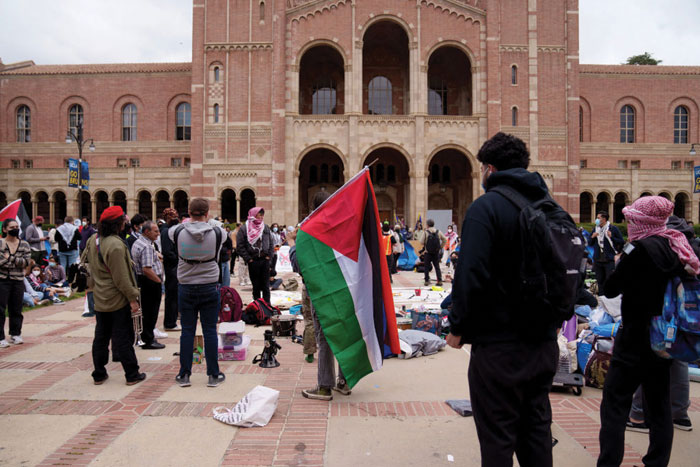

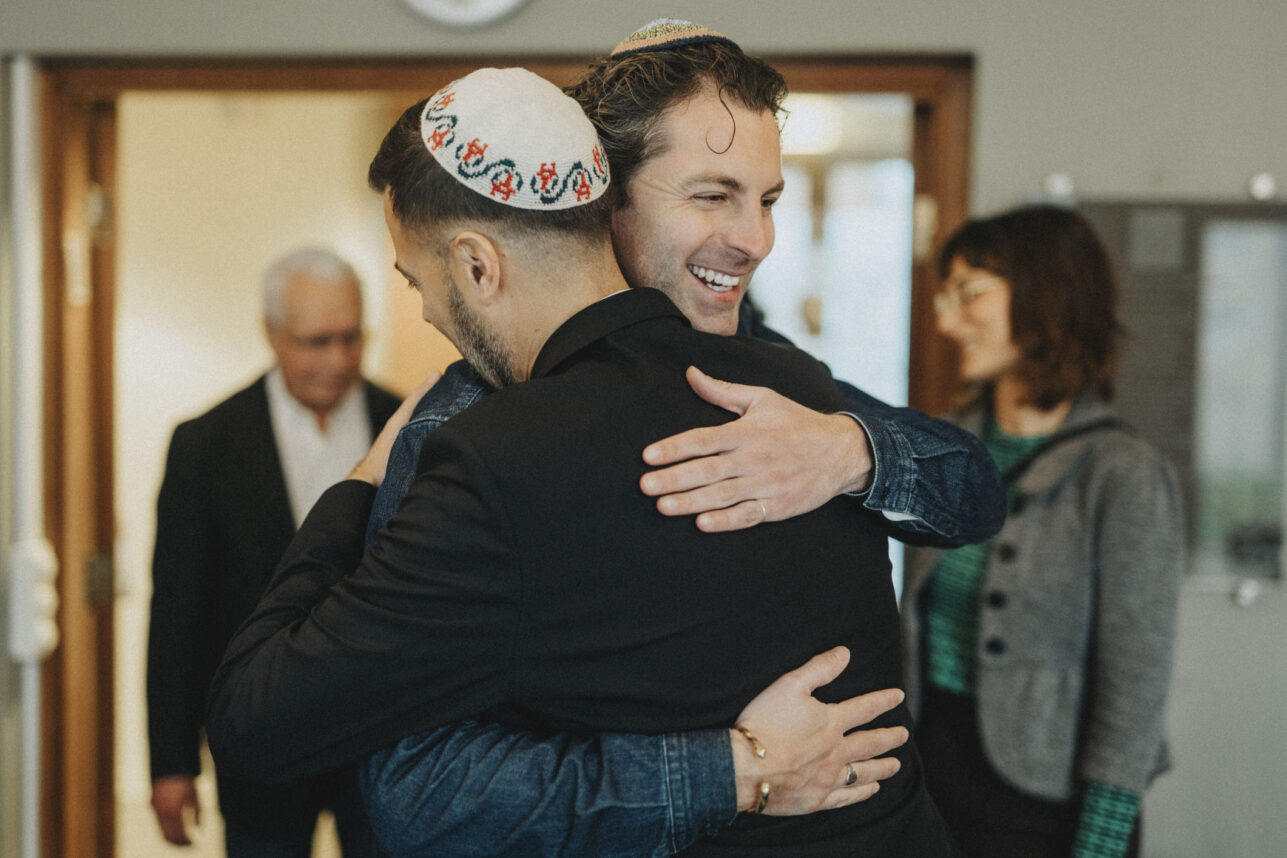
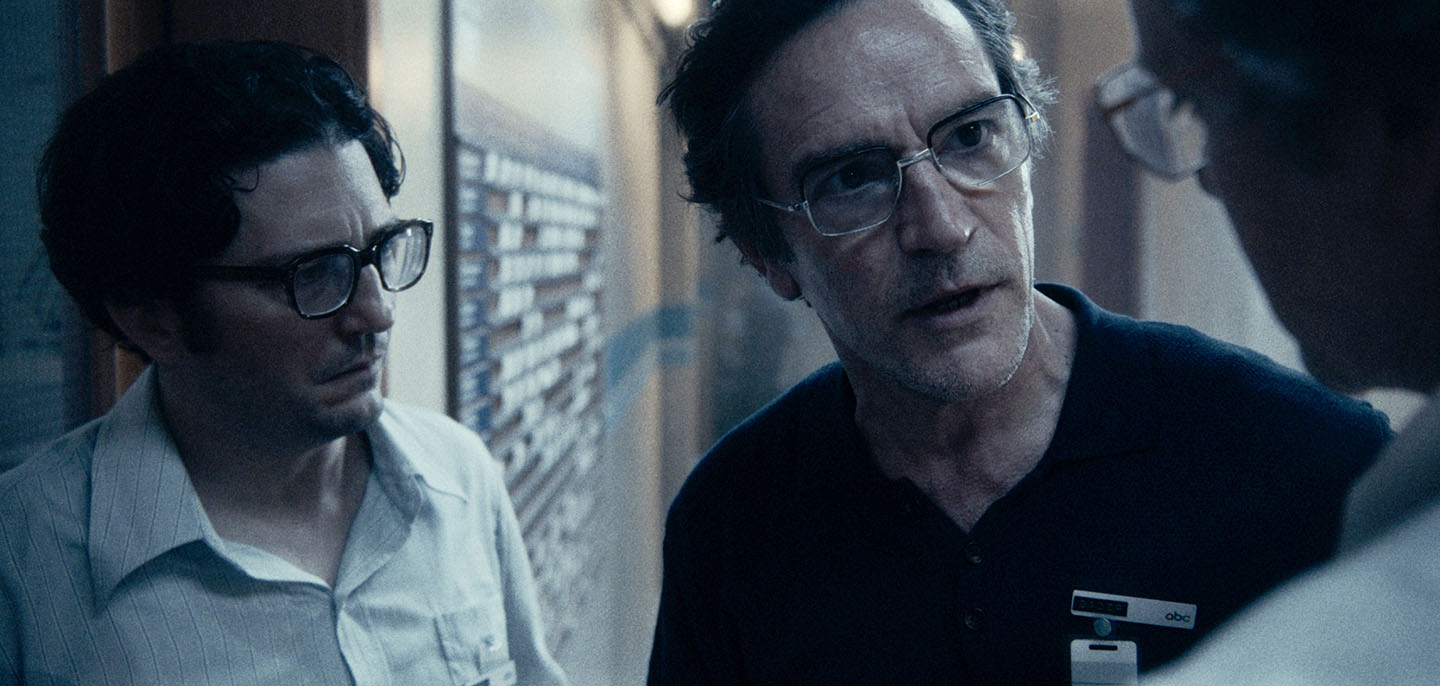


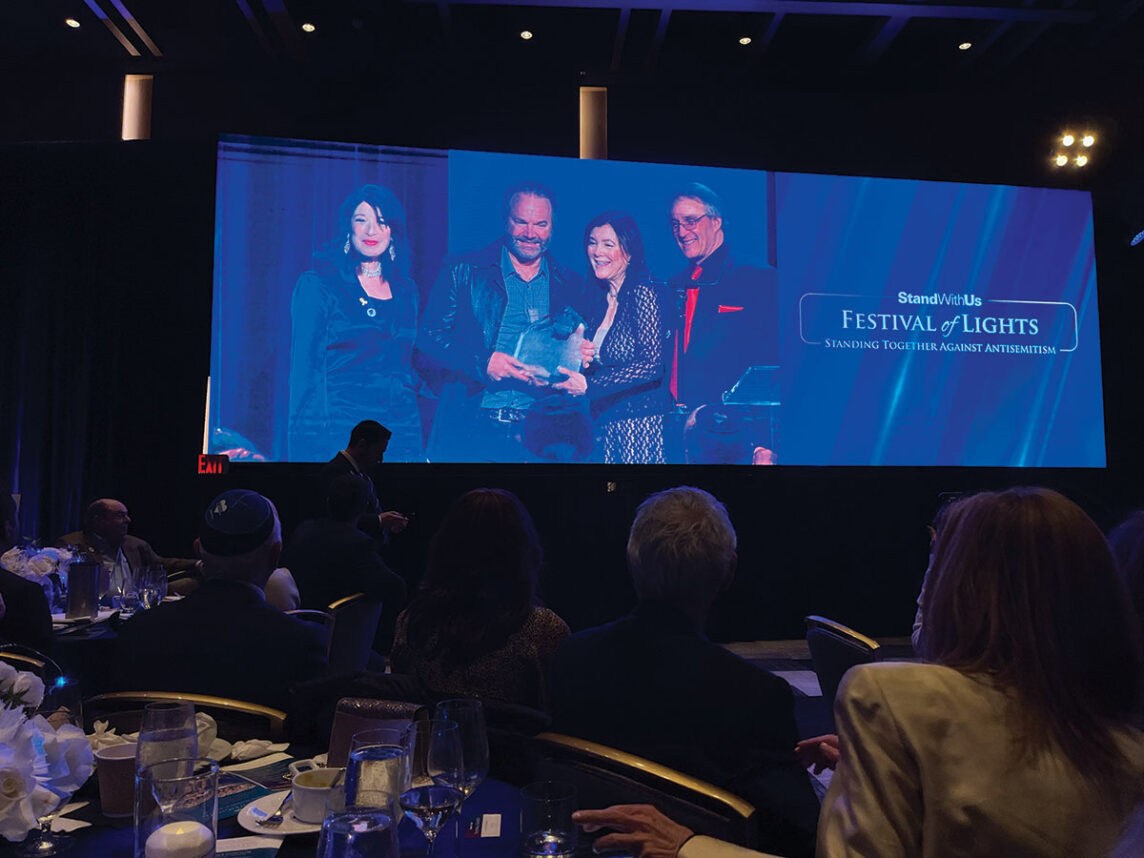

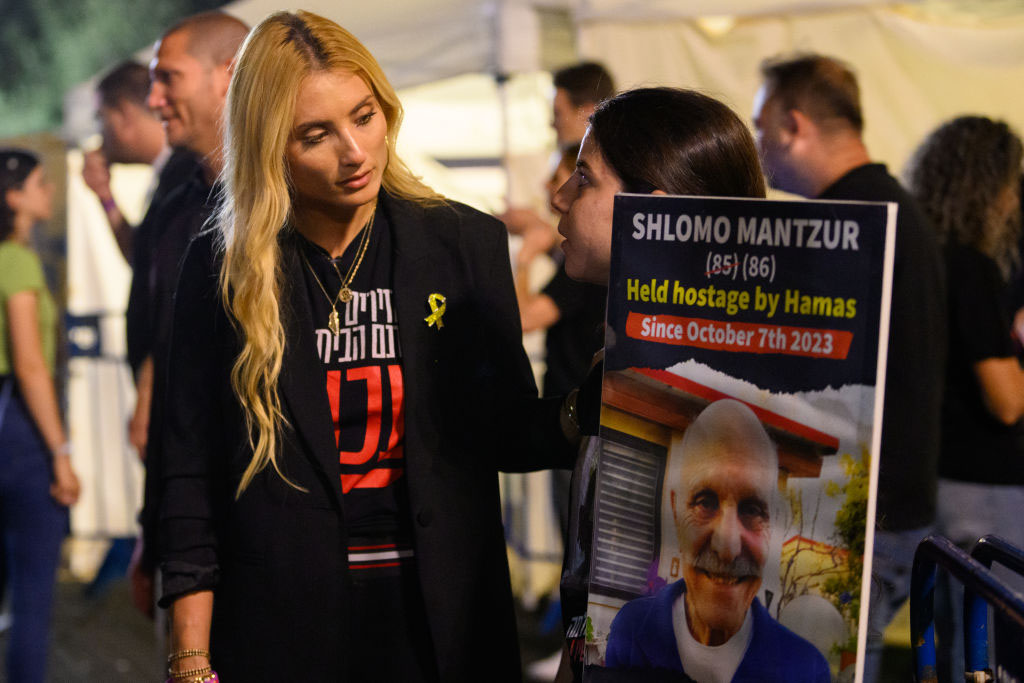
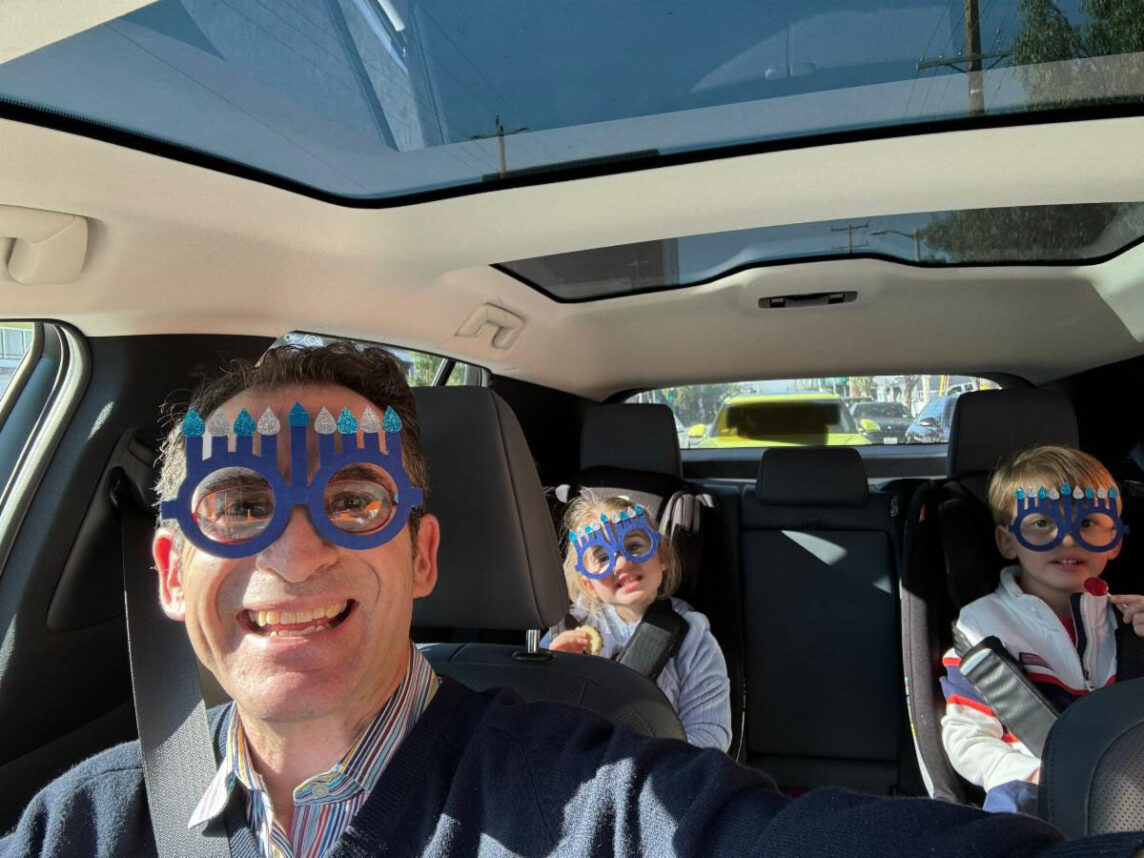





 More news and opinions than at a Shabbat dinner, right in your inbox.
More news and opinions than at a Shabbat dinner, right in your inbox.